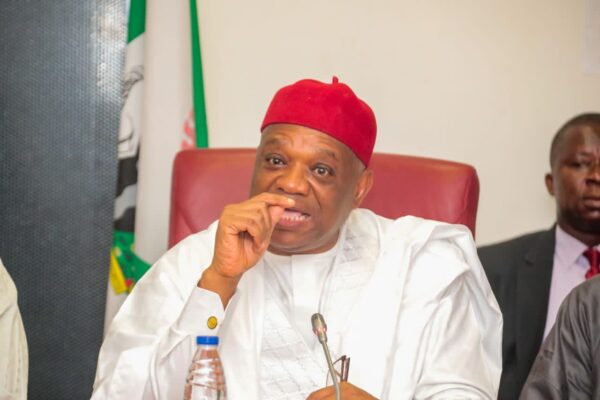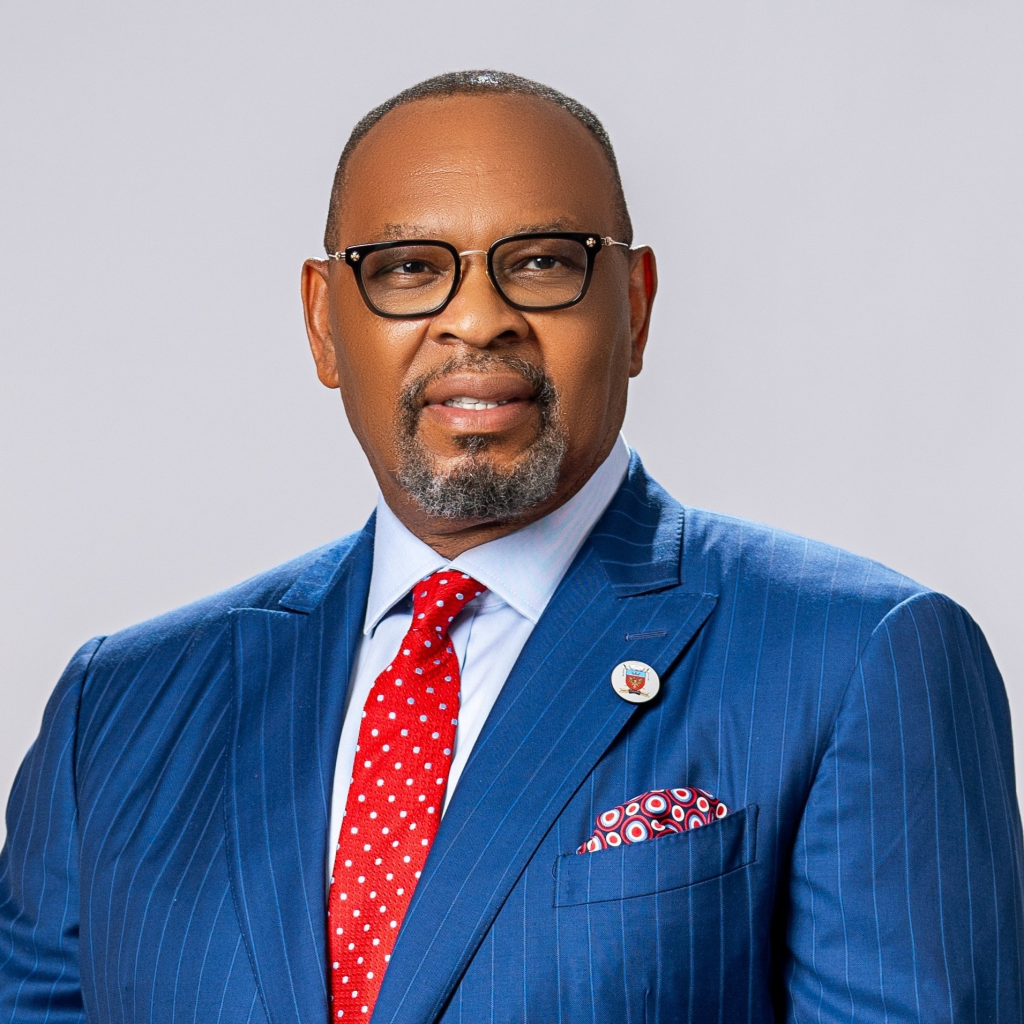When President Bola Ahmed Tinubu announced a presidential pardon for 175 convicted persons across the country, Nigerians received the news with mixed emotions. But among the list, one name struck a raw national nerve, Maryam Sanda, the woman convicted of killing her husband, Bilyaminu Bello, in what remains one of the country’s most chilling domestic murder cases.
For many, it was not just another item in the roll call of mercy; it was a haunting reminder of how justice can sometimes be undone by power, privilege, and politics. The presidential prerogative of mercy, though constitutional, has now become a moral battlefield where the grief of the victim’s family collides with the influence of the powerful.
The late Bilyaminu Bello’s story is a tragic one. Murdered in cold blood by his wife in 2017, his death tore through the conscience of the nation. From the Federal Capital Territory High Court to the Court of Appeal, and finally to the Supreme Court in 2023, every judicial panel reaffirmed her guilt and upheld the death sentence. For many Nigerians, that long, painstaking journey through the courts was justice done and seen to be done.
But when the same Maryam Sanda walked free through the gates of presidential pardon barely two years later, the wounds of that tragedy reopened. In a country where thousands of convicts languish for years without the benefit of mercy, her release looked less like compassion and more like privilege dressed in forgiveness.
What deepened public unease was not just the pardon itself, but the drama that followed. As the late Bilyaminu’s family protested the decision, a man claiming to be his biological father suddenly appeared before journalists in Abuja beside Maryam’s own father to bless the President’s gesture. He pleaded that the woman should be allowed to raise his “grandchildren.”
Yet, investigative accounts reveal that this man, Alhaji Ahmed Bello Isa, had been absent from his son’s entire life. A retired storekeeper from the old Sokoto State, he reportedly disappeared shortly after the boy’s birth in 1981, never to return not during his son’s childhood, not during his marriages, and not even during the long, high-profile murder trial that went all the way to the Supreme Court. His sudden reappearance, looking frail and poor, has been widely viewed as an orchestrated spectacle to give moral cover to an otherwise controversial pardon.
Meanwhile, Dr. Bello Haliru Mohammed, OFR, the Ɗangaladiman Gwandu and uncle who raised Bilyaminu from childhood, issued a deeply moving statement titled “When Prerogative of Mercy Inflicts Inexorable Pain.” In it, he lamented that the pardon had reopened the family’s wounds, describing it as “the worst injustice any family could be made to go through.” He reminded the nation that the accused had shown“no remorse even for a fleeting moment” throughout her trial, and that her release mocked the memory of a life lost in cold blood.
Dr. Bello’s words resonate beyond his family. They echo the silent frustration of many Nigerians who see the selective use of presidential mercy as a reflection of the country’s deeper moral decay, a system where the powerful can always find their way out, while ordinary citizens drown in bureaucracy and neglect.
At this point, I must confess that I, too, find the whole episode unsettling. Mercy, in its truest form, should heal not wound. It should reconcile, not re-traumatize. What purpose does clemency serve when it is perceived as a reward for influence rather than repentance? How do we explain to millions of Nigerians that justice can be reversed overnight, not because the convict was wrongly judged, but because connections spoke louder than conscience?
The case of Maryam Sanda is not just about a family’s pain; it is a mirror reflecting the cracks in our collective sense of fairness. When the law becomes a ladder only the privileged can climb, justice loses its soul. When mercy is granted without genuine repentance, it ceases to be mercy it becomes mockery.
Perhaps the President acted out of compassion, perhaps on counsel. But true compassion would have considered the pain of the victim’s family, the moral lessons for society, and the need to preserve faith in the justice system. Instead, what we have witnessed is a decision that reopens grief and reinforces the notion that justice in Nigeria bends easily for those with the right surname.
Abdulhamid Abdullahi Aliyu,


